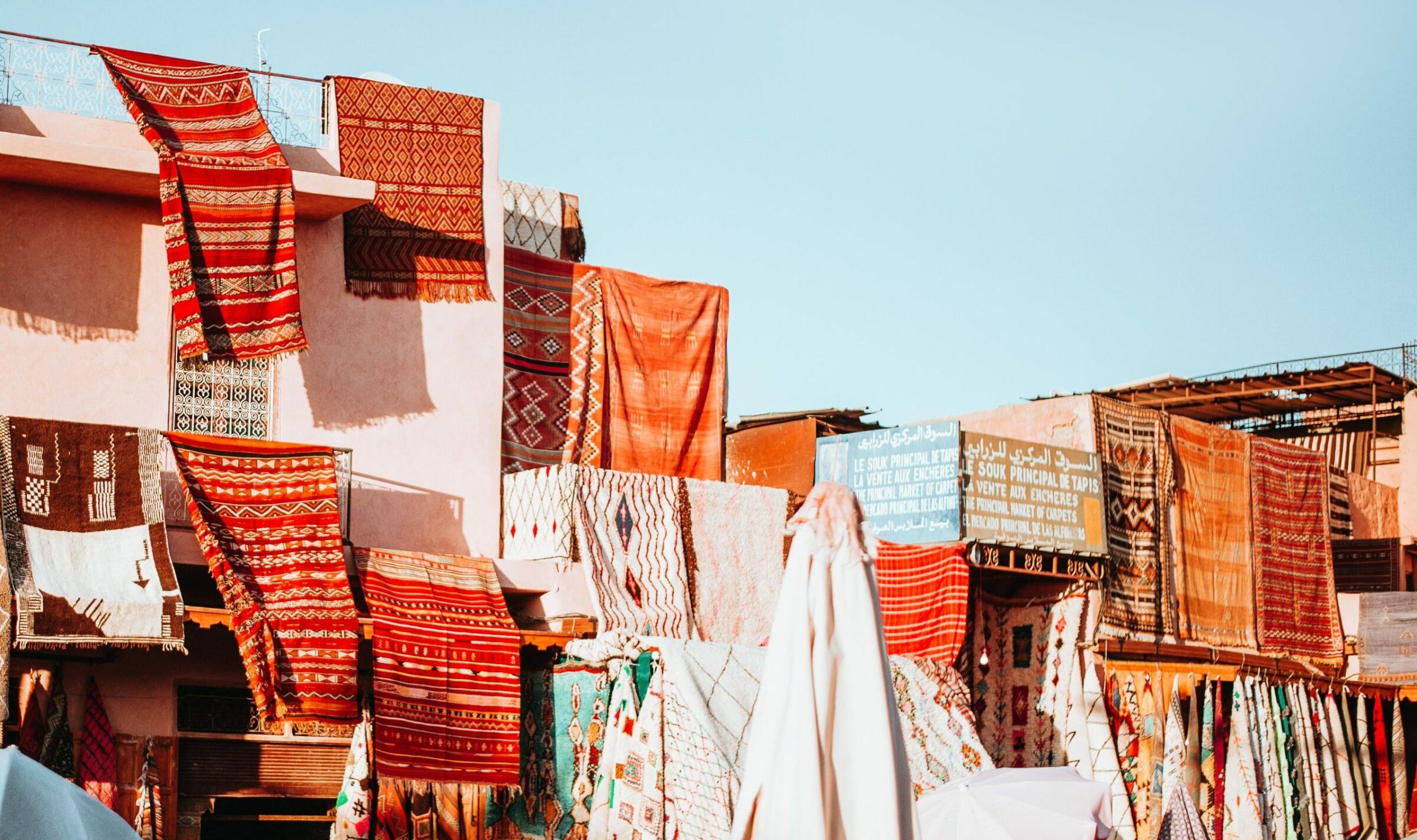“Christmas is cancelled?”
What does Christmas look like in a place that is marred with grief from a conflict in a neighbouring country? M is a CMS worker in the Middle East, where Christmas celebrations have been cancelled in solidarity with the victims of the ongoing conflict in the region. Here, she shares how she plans to remember and encourage women around her with the hope of Christ’s birth.
This article is part one of the series, ‘Let every heart prepare him room: proclaiming the gospel at Christmas time’. Part two is here. Part three is here.
Standing in solidarity
Christmas has been cancelled. Yes, really. If you are waiting for the punchline, there isn’t one.
“But how can you cancel Christmas?” I hear you ask.
At the beginning of November, before Christmas trees were erected in church courtyards and lights strung from the windows, all public festivities and events associated with Christmas were cancelled across the country by the Council of Churches. This decision had nothing to do with Covid or cancel culture, and everything to do with solidarity.
Whilst life goes on as usual around us, protests continue daily in support of the innocent victims suffering in Gaza and the West Bank. Thousands of women and children, including those with no ties to Hamas, have been caught up in conflict. Hospitals, schools and apartment blocks have been destroyed by the carpet bombing that has left hundreds unaccounted for, buried under slabs of grey rubble. Churches in Gaza have not been exempt from the attacks. As Arab people standing in solidarity against the conflict, all Christmas festivities were cancelled.
How we plan to celebrate Christmas
Of course, cancelling Christmas does not mean that all church services are forbidden. After consultation with a local pastor, we have been given the green light to host a small event for Syrian refugees in a local neighbourhood. With the help of some local churches, we will be hosting an event for Muslim women and their children. Whilst there will be no Christmas trees or fairy lights on display, each child will receive a gift and each mother will be given a bag of rice and lentils.
Our Christmas party may be subdued, but it will not be tokenistic. We have personal and trusting relationships with each of the women invited. They have shared with us stories from the past year, made us countless cups of tea and watched as we played with their children. As these relationships have blossomed, we have been able to share stories about Jesus and the prophets. We hope that in the years to come, they in turn will share these same stories with their children and grandchildren.
In addition to this event, we also hope to host a smaller, more private gathering in our home. We imagine our lounge room to be full of the noisy Arabic chatter as a group of eight local women who all know and enjoy being with each other come celebrate with us. This time, the focus will be more personal as each of the believers in the room will take a few minutes to share why the birth of Jesus is important to them. We are thankful to have an opportunity to share our own stories and to deepen the connections we already have with these women.
In the lead–up to Christmas Day we also plan to visit the women in our community who secretly follow Jesus. In the privacy of their homes and away from the eyes of disapproving and violent husbands, we want to read the Christmas story with them. Together, we will light a candle in remembrance and celebration of a day when the light of all mankind came into the world, shining into the darkness which could not and will not push it back.
“The light shines in the darkness, and the darkness has not overcome it.”
John 1:5
PRAY
Pray that believers in the Middle East would be filled with joy as they remember and celebrate the true meaning of Christmas. Pray that God would enable them to share God’s gift of hope with those around them.












































































































